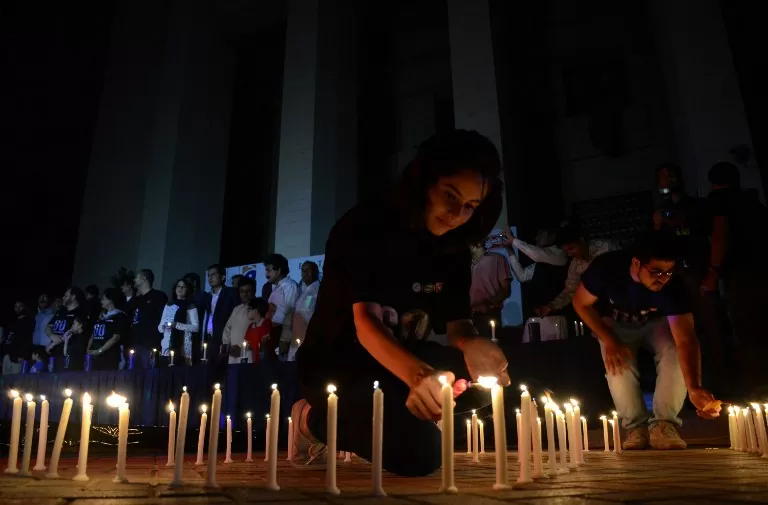What is an Earth Hour?
Earth Hour is a worldwide movement which is organized by the World Wide Fund for Nature (WWF) for the sake of our Planet. Annually through this event, individuals, communities, households and businesses are encouraged to turn off their unnecessary lights for one hour, from 8:30 to 9:30 p.m. towards the end of March, in pursuit of loyality and devotion to planet. It was famously started as a lights-off event inSydney, Australia, in 2007. Once it is initiated then it has involved more than 7000 cities and towns worldwide. Today, a massive mainstream engaged on a broad range of environmental issues in this Earth hour event.

When is Earth Hour 2017?
Earth Hour 2016 was on Saturday, March 19, from 8:30 p.m. to 9:30 p.m. during participants’ local time and will be held March 25 in 2017.
Who supports Earth Hour?
Earth Hour is supported around the world by Woodland,CBRE Group, the National Hockey League, FIFA, UEFA, Manchester United, Hilton Worldwide,Girl Scouts of the US,World Organisation of the Scouts Movement, UNESCO, the UN Environment Programme, the International Trade Union Confederation,HSBC,World Association of the Girl Guides and Girl Scouts,Philips, IKEA, The Body Shop, ING Vysya Bankand more.
How does Earth hour effect planet?
A 2014 study published in Energy Research and Social Science compiled 274 measurements of observed changes in electricity demand caused by Earth Hour in 10 countries, spanning 6 years, and found that the events reduced electricity consumption an average of 4%
Why should we switch off lights?
Earth Hour has not perspective of how much energy is saved during the hour rather than that it is about giving attention to the neglected issues which are being faced by the planet and inspiring people to live more sustainably. The aim is to change the mindset of people and make them to have choices and the decisions they take after the hour is can help reduce the impacts of climate change on the planet, its question about wildlife and future generations.
How can you play a part?
WWF say it’s completely up to individuals how they take part during the hour – just as long as the lights are out!
“It’s not about sitting in the dark for an hour,” WWF says.
“Whether someone is enjoying their favourite book, getting together with friends for a candlelit (dinner) party or stargazing with loved ones, it’s their event too.
